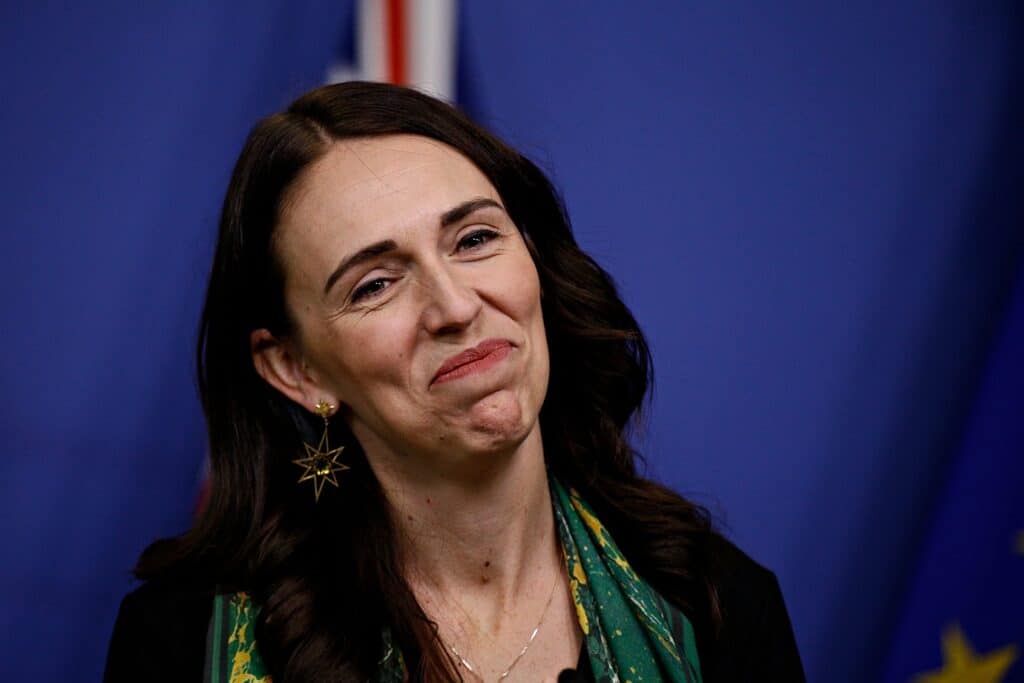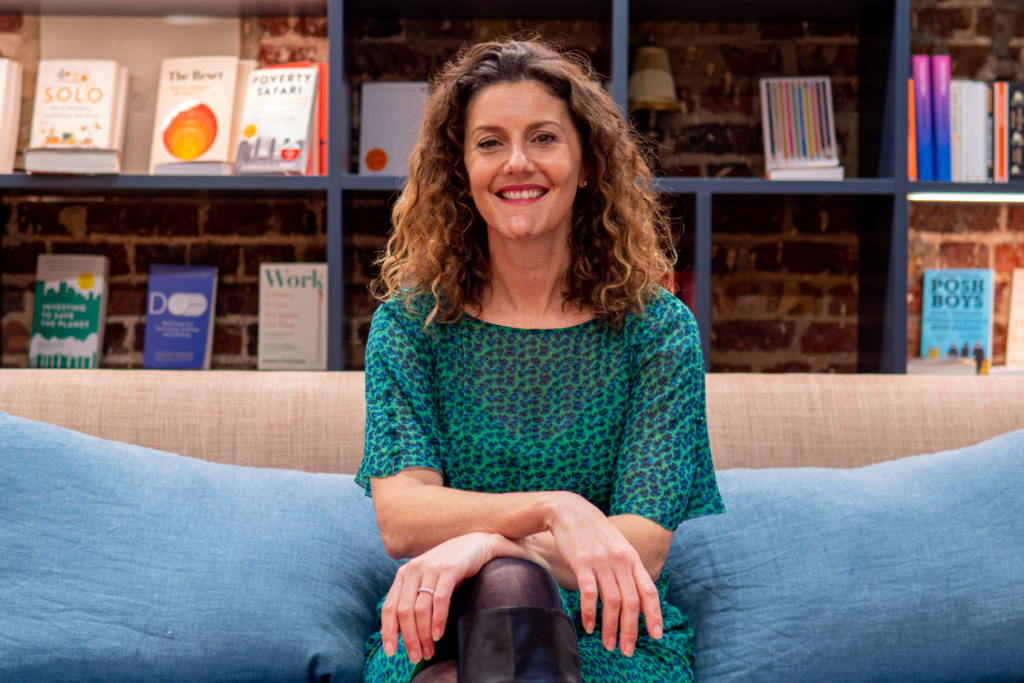Be bold, but not too loud. Be soft, but not too emotional.
Women in leadership are all too familiar with the double bind. I’ve seen it time and again—firsthand, and in the many leadership teams I’ve worked with. Be strong, and you’ll be respected, but not liked. Be caring, and you’ll be liked, but not taken seriously.
So what happens when a woman like Jacinda Ardern, who just released a candid new memoir, becomes prime minister?
We watched, in real time, as the double bind played out. She led with clarity, courage, and care. Her leadership during the Christchurch mosque attacks—her refusal to other, her willingness to grieve alongside a nation—was a global moment of empathy in action. And yet, she was questioned, underestimated, scrutinised for showing up as a whole human. Some called her weak. Others sainted her. Few allowed her to be simply what she was: a capable, complex leader, navigating a job most of us can barely imagine.
And then, seemingly out of nowhere, after six years in office, she stepped down. Her resignation left many (like me) stunned. How could she leave so quickly, just when the world feels like it’s unravelling?

Nineteen years ago, I side-stepped a career in politics. Instead, I’ve spent the majority of my working years advising and setting up businesses – for profit, and for purpose. I’d often find myself sitting around boardroom tables where performance, strategy, and innovation were prized, yet care, curiosity, and empathy were often left unspoken or worse, seen as weakness.
Three years ago, I moved from London to Australia to work with Small Giants Academy on a program called the Mastery of Business and Empathy. It was a leap, personally and professionally. The program was drawing in leaders from all walks of life: activists to entrepreneurs, global executives and policymakers. Lorna Davis, former Chair and CEO of Danone North America, and Dane O’Shanassy of Patagonia were among the many speakers on the program who model what it looks like to lead with conviction, care, and courage.
Having graduated my MBA at Oxford University’s Säid Business School, I knew this program was what the leaders of our world needed. An alternative to traditional business education that prepares curious leaders for the ‘next economy’.
As I prepared for the move, I turned to one of the most respected leadership texts: Harvard’s Handbook of Leadership Theory and Practice. I was hoping to find research for what I sensed was missing. But what struck me most was not what was included—it was what wasn’t. There was no real grappling with what it means to lead with care on this planet that sustains us.
And yet, any woman who has led, like Jacinda, knows these dynamics intimately.
Empathy, in Jacinda’s leadership, was not just emotional. It was strategic. It built trust. It helped mobilise people. It bridged divides. And it raised a confronting question: What if the best kind of leadership is, in fact, empathetic?
This isn’t just a “women’s issue.” It’s not even just a gender issue. The pressure to conform to outdated norms of control, invulnerability, and linear logic weighs on everyone—including men.
The leaders I work with also want to lead differently. They want to care. They want to be honest about the world their children are inheriting. They want to bring more of themselves to their work, seeing it as one big interconnected system. But they’ve been given few models, and even fewer permissions.
As Julia Gillard once said, “We are all responsible for the culture we create. We can use our voices, our platforms, our leadership to call out injustice, to build empathy, to make change.” In our time of climate crisis, geopolitical instability, and social fragmentation, the leaders who will make a difference aren’t those who know the most. They’re those who can listen the most. Those who can feel. Those who can hold complexity without shutting down. In an AI world, this is exponentially true.
Three years later, and I am guiding leaders seeking to reimagine business for a better world. That’s what we try to cultivate in the Mastery of Business and Empathy. Inspired by the work of economists like Kate Raworth and her concept of Doughnut Economics, we ask: how can we lead organisations that help humanity thrive within planetary boundaries and social foundations? We need to do the inner development and learn from leaders grounded in philosophies and practices for the next economy. We need to support organisations to grow—but to grow in support of future generations, not just ours.
The truth is: if we’re going to meet our climate targets, and build a future fit for life, we need new tools and more leaders grounded in empathy: eco not ego.
Empathy is not a soft skill. It’s a survival skill. And if we’re serious about a livable future, it’s time we put it back at the centre of how we lead, both in theory and in practice.
Become a Women’s Agenda Foundation member and support our work! We are 100% independent and women-owned. Every day, we cover the news from a women’s perspective, advocating for women’s safety, economic security, health and opportunities. Foundation memberships are currently just $5 a month.
Bonus: you’ll receive our weekly editor’s wrap of the key stories to know every Saturday.

